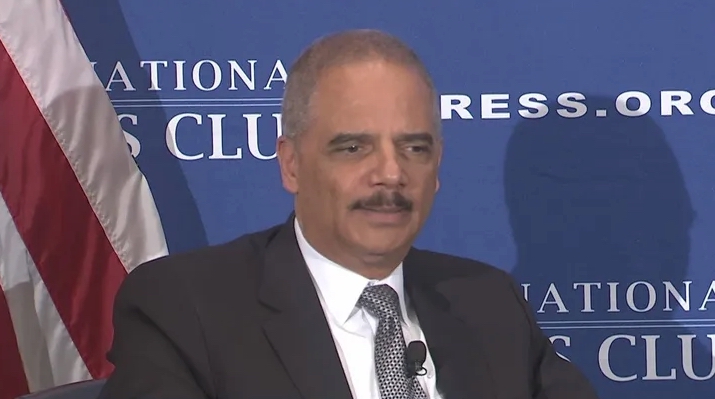Top North Carolina public education leaders are paying attention to recent research from Terry Stoops, John Locke Foundation Director of Education Studies, linking the state’s rising high school graduation rate to a much faster increase in the rate of remedial work for students who move straight from high school to North Carolina community colleges. State Board of Education Chairman Bill Harrison attempted to rebut the report online, and a state school board committee discussed Stoops’ report at its meeting this week. Stoops shared his concerns in an op-ed published in the Greensboro News & Record. ([A]n increasing number of recent high school graduates enter the community college system lacking fundamental English and math skills. Of the $90 million remediation budget, our community colleges spend about $30 million a year just to teach recent public school graduates what they already should have learned in middle and high school.) On another topic, the News & Observer‘s “WakeEd” blog publicized Stoops’ comments about the impact for Wake public schools of Charlotte-Mecklenburg’s recent Broad Prize victory. Daren Bakst, Director of Legal and Regulatory Studies, co-authored a new report this week on the inner workings of the N.C. Supreme Court. N.C. Senate Republicans highlighted both the new report and Bakst’s earlier research comparing the costs of nuclear and solar power. The Manteo Coastland Times recently quoted Bakst in an article about North Carolina’s eugenics program. (Daren Bakst, director of legal and regulatory studies for the John Locke Foundation, is among those is in favor of compensation. He adds, however, “I do want to stress the living victims” — not descendants — of which it’s estimated there are 3,000 or so. Bakst provides context in terms of today: “We hear in all kinds of policy debates now, constantly focusing on what’s best for society . . . completely ignoring what’s best for an individual. The lesson learned is not to forcibly sterilize people, but the bigger lesson is not to ignore individual rights in the name of the greater good.” ) An op-ed in the Greensboro News & Record from a state lottery supporter referenced Associate Director of Research Jon Sanders‘ work. Sanders’ latest TownHall.com column explores whether Humpty Dumpty might have been better off without all that unsolicited help from the king’s horses and men.
Most popular
Sign up for our weekly newsletter to stay up to date on the latest happenings in North Carolina.


